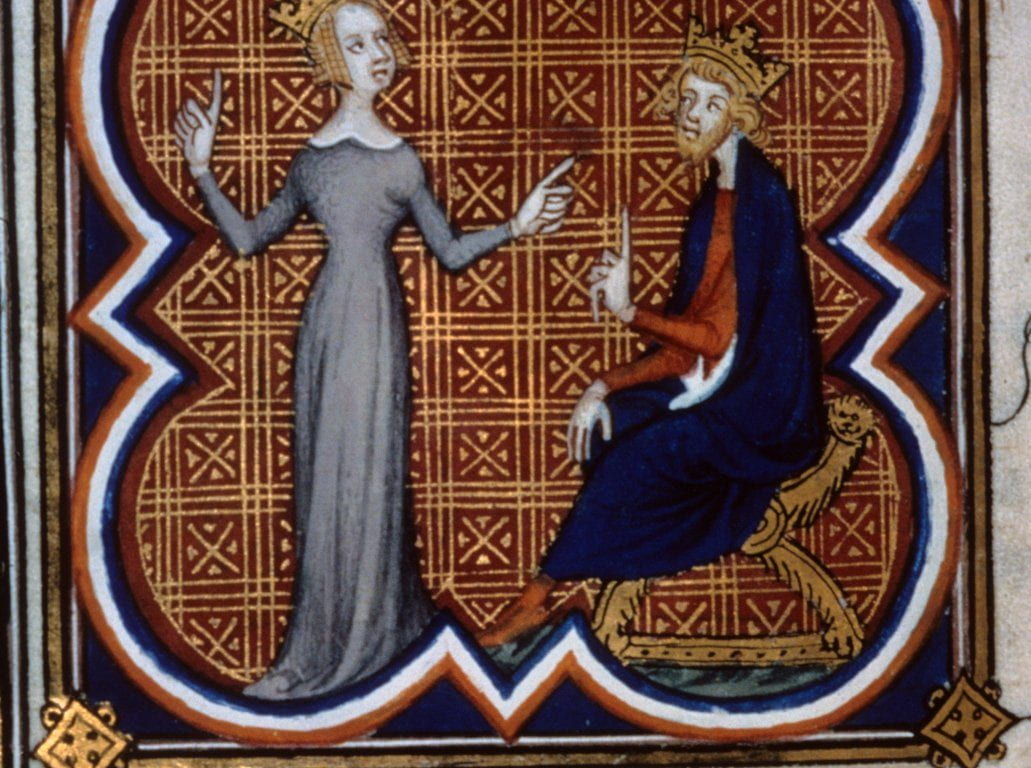.aoBoethius, like many other philosophers, feels the need to reason out the existence of free will in Book V of his Consolation of Philosophy. It is a natural question to come up when contemplating matters such the existence of evil amidst God’s providence. In the process though, Boethius and Lady Philosophy stumbled upon a conclusion that I think is worth exploring a bit more:
“And human souls are more free when they persevere in the contemplation of the mind of God, less free when they descend to the corporeal, and even less free when they are entirely imprisoned in earthly flesh and blood. Their ultimate enslavement is when they give themselves up to vice and no longer exercise their powers of reason.” (Boethius, 150)
Can someone be more free through the following of God’s will if the other option to follow human vice is a sort of non-option in that they lose their power of choice by taking that other option? Is God coercing humanity into following his will? Like Tolkien’s Eru Iluvatar, will God take the discordance of human sin and warp it into his universal harmony regardless of the human’s will to rebel?
Lady Philosophy’s answer seems to be that because that human free will exists so that beings may be capable of the faculties of reason, humans use this reason to reach at God’s will, so although God created the conditions by which humanity would have to choose God’s will if acting in their own self-interest, it requires reason to recognize that lack of freedom in the path of vice and so it is still a choice on behalf of humans to exercise that faculty of reason to make the correct decision.
This issue of the human ability to exercise rational thought and recognize that vice is against one’s self-interest remains a problem in whether or not someone can choose not to exercise their rational thought or if they are a passive victim of vice confusing them into losing that capacity. As we’ve seen through this course, this question of recognition pervades our readings, so this is definitely a question to keep in mind throughout the readings.
-Alyse Leonard, Carolyn Zhao, and Flannery Hu
Boethius. The Consolation of Philosophy. Translated by David R. Slavitt. Cambridge, MA: Harvard University Press, 2010.
Image Citation: Consolation of Philosophy f. 285v. 1372. Manuscript Illumination. Bibliothèque Municipale MS 434, Besançon, Franche-Comté, France [repository].
